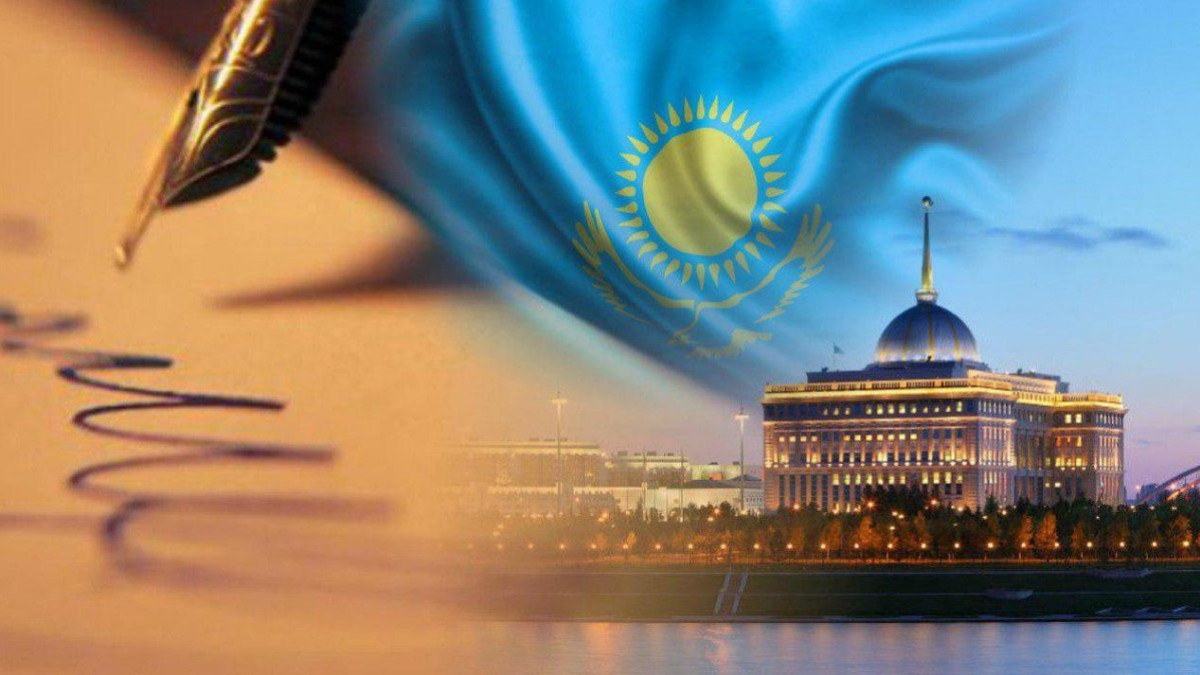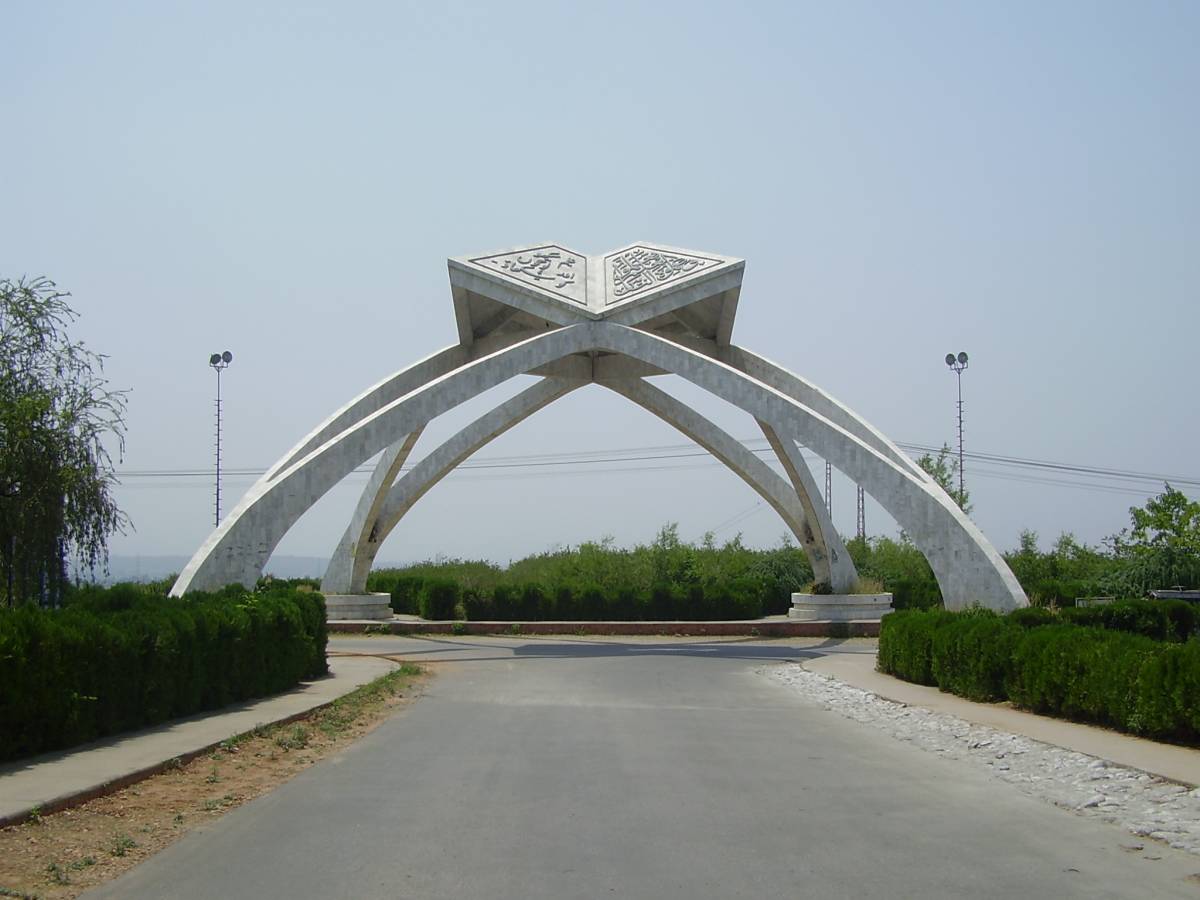On May 6, President Kassym-Jomart Tokayev signed the law “On introducing amendments and additions to some legislative acts of Kazakhstan on issues of science and education.” The press service of Akorda reported the news. The new legislation includes several key amendments aimed at improving the financial well-being of educators and researchers in Kazakhstan.
The first block of amendments focuses on increasing monthly salary supplements for individuals with specific academic degrees and titles. Those with degrees such as Doctor of Philosophy (PhD), Doctor of Science, and Candidate of Sciences, as well as the academic title of Associate Professor, will receive additional payments ranging from 92,300 tenge (US$210) to 184,600 tenge ($419). These supplements are designed to recognize the expertise and contributions of educators and researchers in the field.
Additionally, scientists actively engaged in research at their primary workplaces will also receive similar monthly stipends. Young scientists under 40 will have the opportunity to receive scholarships funded by the investment income of the endowment fund of higher and postgraduate education institutions.
Furthermore, the amendments include provisions for the introduction of educational benefits specifically tailored to military personnel. Quotas have been established for educational grants to support the training of military personnel in higher education and postgraduate institutions after completing their mandatory military service.
The law also addresses the commercialization of scientific and technical outcomes financed by business entities. It aims to improve legislation to facilitate projects and initiatives that translate research into practical applications for the benefit of society and the economy.
Lastly, the amendments empower local executive bodies with the responsibility to implement state policies related to science and scientific activities. They are tasked with creating favorable environments to advance science and innovation within their respective regions, contributing to


